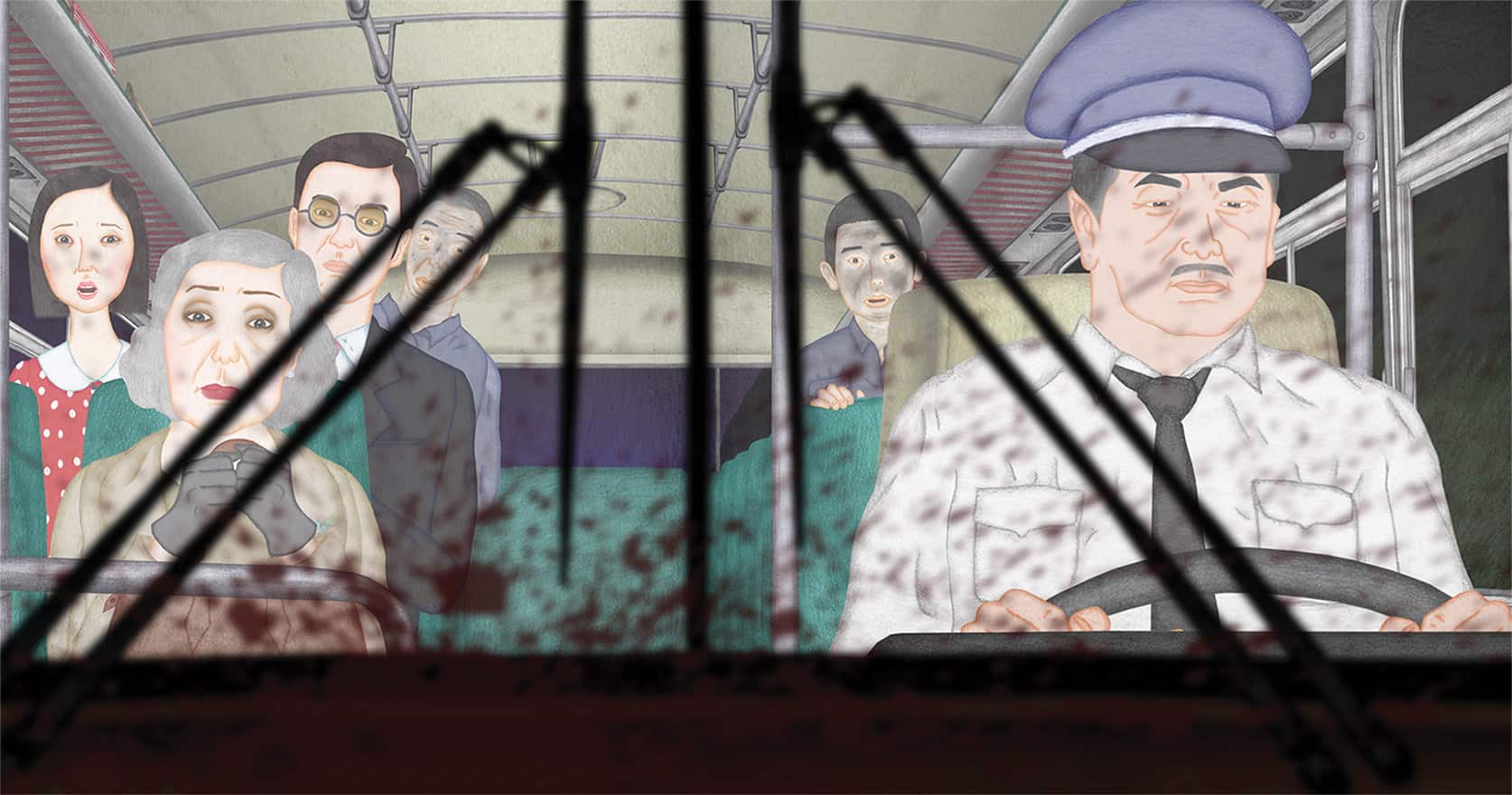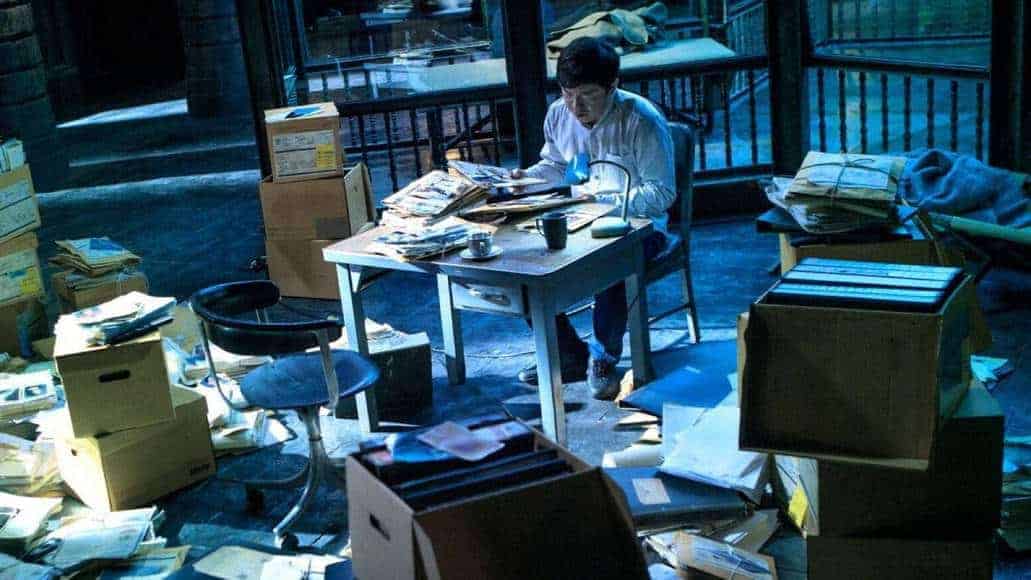Based on a short story by Shuichi Yoshida, whose fiction also inspired the critically acclaimed “Villain” and “A Story of Yonosuke”, the film won the Special Jury Prize at the 35th Moscow International Film Festival, although in Japan, it was mainly praised for Yoko Maki's performance.
Watch This Title
The script implements a rather unusual narrative, as it begins with a number of reporters besieging an apartment where a woman suspected of murdering her own baby lives. Eventually the police arrest her and the focus turns to the couple having sex door, Shunsuke and Kanako. A bit later, we are introduced to Watanabe, a reporter covering the story, who seems to have marital issues. The woman arrested informs the police that she had an affair with Shunsuke and that turns the attention of Watanabe and his partner, Kobayashi to him. Eventually they dig up his past, which involved a rape, and start to investigate the victim. The truth, however, is much more shocking than they anticipated.
The peculiarity of Tatsuhi Omori's narrative begins with the fact that the woman accused in the initial scene never reappears in the story, and continues with a complete change of pace and style, as a story that begins as a crime investigation, becomes an analysis of the concept of forgiveness, through a number of flashbacks. Many, particularly women, may find the film's main comment about forgiveness offensive, but Omori manages to present it in a rather low-key tone, retracting from its radicalism.
The aforementioned change also affects the general aesthetics of the movie, with the pace becoming slower and the imagery more naturalistic, although the principles of the Japanese indie remain throughout the film. In that fashion, the pace is slow, the attention to detail, great and the realism in the depiction of the characters and the environment, permeating. Ryo Hayami's editing implements this style to perfection, while Ryo Ohtsuka's cinematography presents a number of very beautiful images in the rural setting of the main story.
The acting on the film is on a very high level, involving a great cast, all of which are quite good in their respective parts. Nao Omori manages to present a Watanabe whose disappointment for his life emits from every pore. Anne Suzuki is also quite good in the role of Satomi, as the exact opposite of Watanabe, who manages to find some resonance in their common obsession with the case, and even has a great scene in the sequence in the restaurant. Shima Ohnishi as Shunsuke presents an enigmatically stoic character, who manages to communicate his discomfort and passiveness, through an utterly laconic character.
The one who definitely stands apart, though, is Yoko Maki as Kanako, with Omori anchoring the film on her performance. Her transformation, from a broken woman, during the flashbacks, to a determined, sure of herself individual in the present is magnificent, as Maki also manages to retain a silent sadness, particularly in the main axis. Add to that, the fact that her role includes a numbers of very difficult scenes, including sex and violent ones, and you have the justification for the plethora of awards she received.
“Ravine of Goodbye” is a rather different film despite its distinct indie style, which is definitely worth seeing for the comment it presents and Yoko Maki's presence.


















